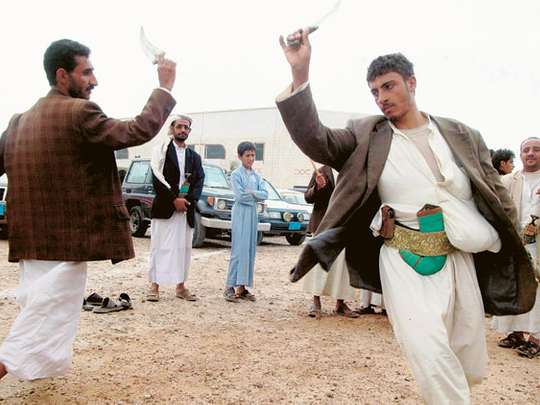
Dubai: The majority of youth (82 per cent) in the Arab world say traditional values mean a lot to them and ought to be preserved for future generations.
Iraqi youth (94 per cent) agree most strongly with this sentiment and, surprisingly, Saudi youth are least likely to agree with it, with 69 per cent saying traditional values are important.
Parents have the greatest influence on youth followed by family, religion and friends. Pop stars, community leaders and political figures are not significant influencers among Arab youth.
Traditional yet modern
"We have raised our children to be proud of themselves, their traditions, their country — so they have this strong traditionalism but at the same time they were raised to be connected to the world, to strive and have a position in it," Dr Rima Sabban, a sociologist at Zayed University, said.
She added the youth are close to their families because of a strong feeling of belonging, but they also want a change in the status quo. "You can see them holding on to their identities, culture and beliefs and family values, but they don't want the political system as it has failed the youth by not providing jobs and security for the future."
Dubai School of Government's political analyst, Paul Dyer, said youth universally reflect the view that parents and families are important to them. However, he added, in the region they stick to traditional values as a reaction to being inundated by messages of globalisation and the influx of western culture.
Contradictions
Dr Mark Rush of the American University of Sharjah, said the survey cries out for more research on what the youth are thinking as there were contradictions such as youth being more liberal despite parents having greater influence on them.
The contradiction could be because the findings are typical of young people torn between wanting to be global citizens and also wanting to retain their national and religious identities. "Everyone wants Levis jeans and BMWs but they want to retain their traditions and values," Rush said.
"It's not necessarily contradictory — values mean cultural heritage but when it comes to political change they are shifting towards more liberal views," said Dyer.












